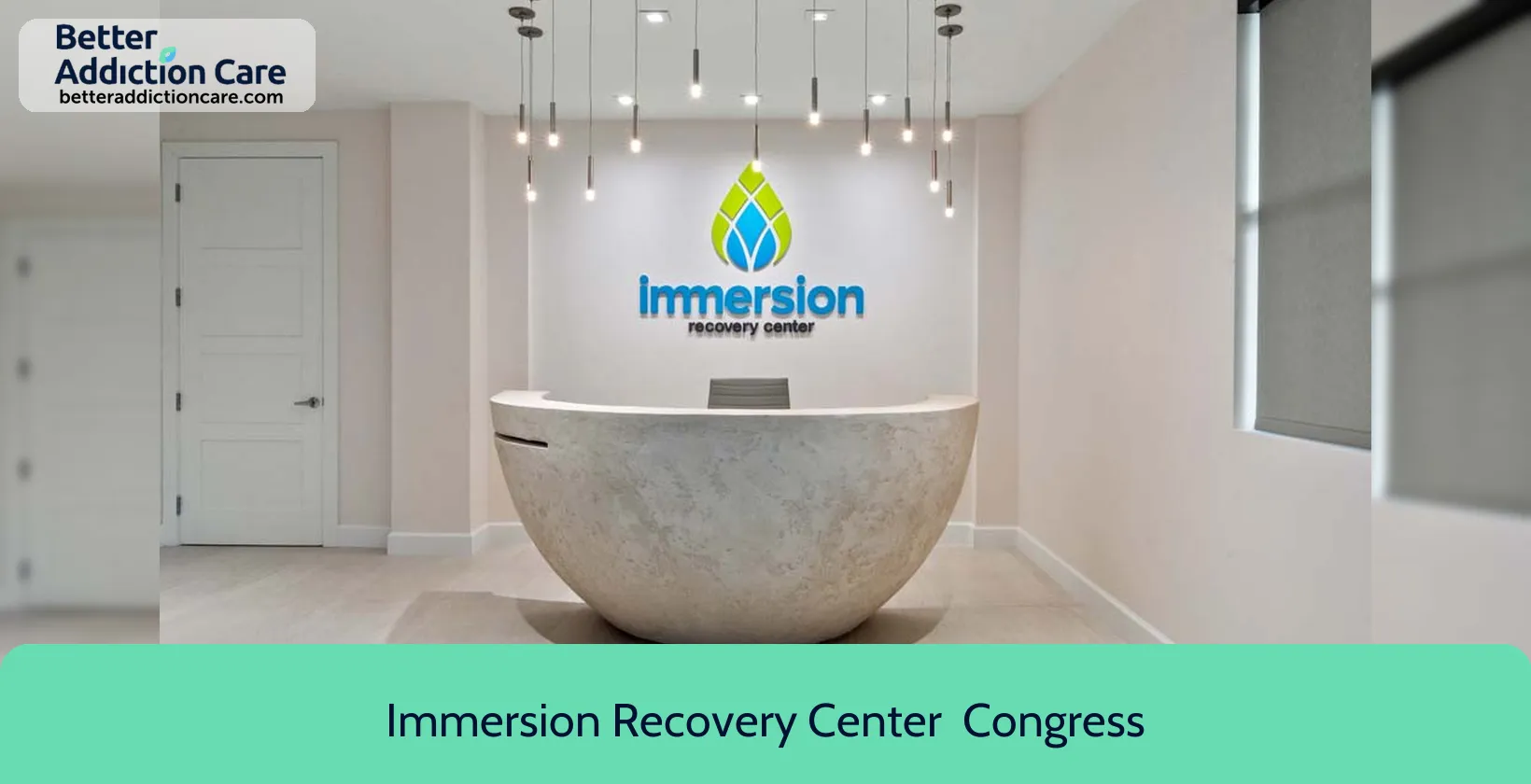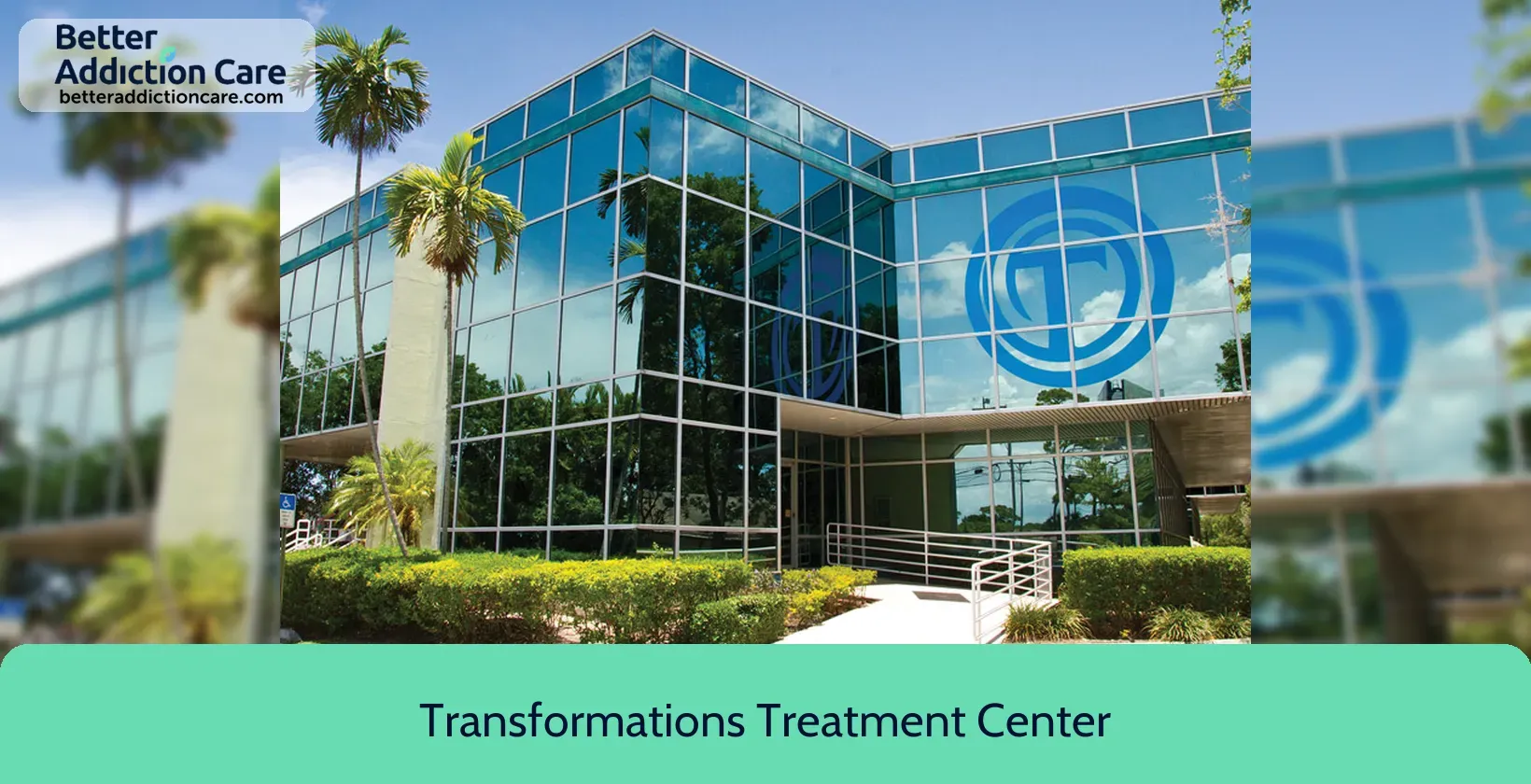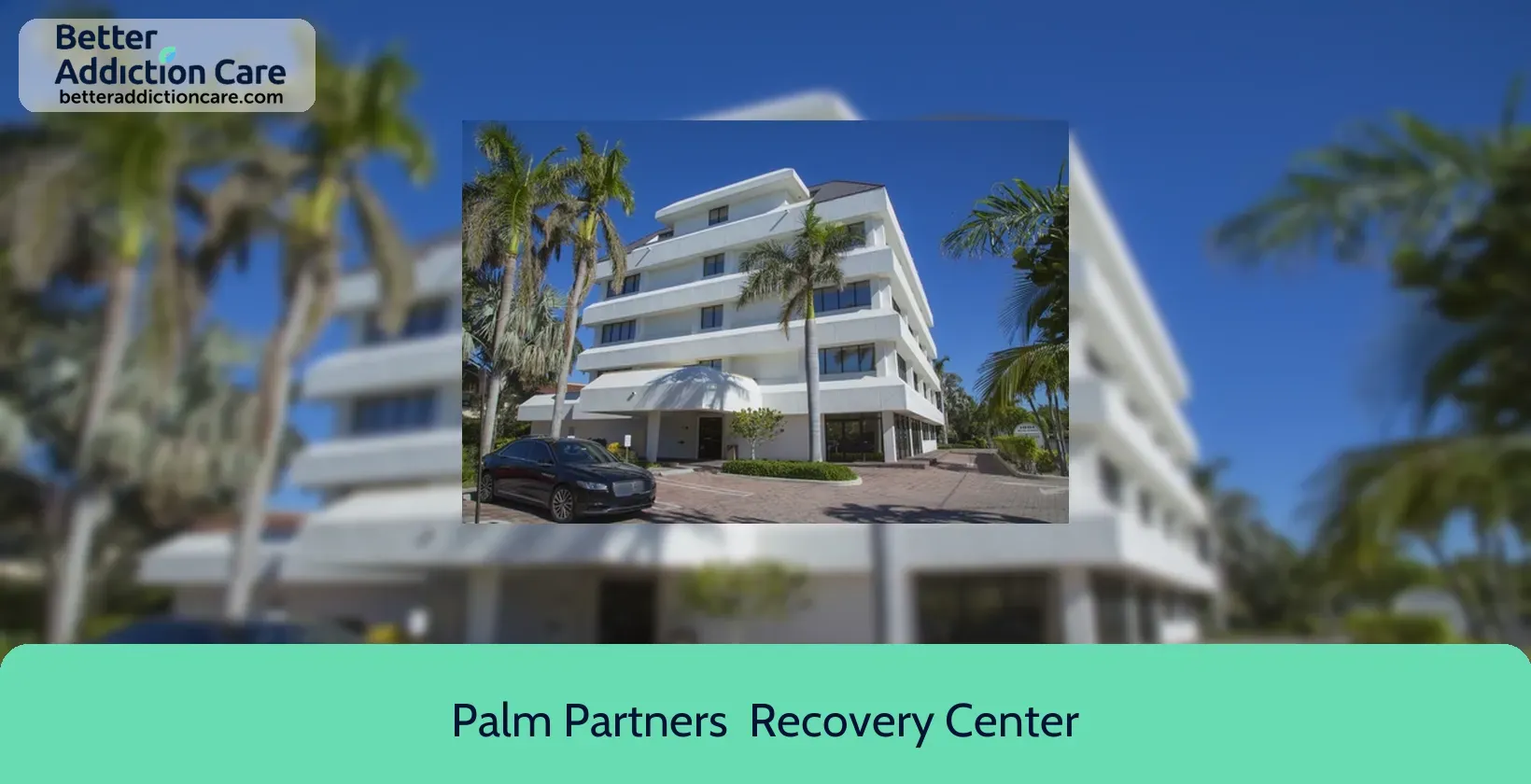Fair Oaks Pavilion Behavioral

Overview
Situated in Delray, Florida, the Fair Oaks Pavilion of Delray Medical Center is a specialist institution that is a component of the Palm Beach Health Network. For those with drug use issues, the facility provides thorough detoxification under medical supervision as well as inpatient treatment programs.
The in-house detox treatment at Fair Oaks Pavilion is the first step in the rehabilitation process. Medical personnel constantly supervise this period, which includes medication-based therapy aimed at easing withdrawal symptoms and reducing cravings. In addition, patients are given wholesome, well cooked meals and cozy lodgings that encourage a calm atmosphere while they are there.
After detox, patients go on to the inpatient treatment phase, when they are given a place in one of the 53 available beds at the institution. At this point, patients are still under constant surveillance to guarantee their mental and emotional well. The treatment plan is specifically designed to address a range of psychological issues that are often linked to addiction, including trauma, controlling one's anger, sadness, anxiety, and emotional regulation.
In order to ensure that patients with co-occurring physical health issues may receive treatments like physical therapy, Delray Medical Center also provides primary care services. Complete treatment is made possible by this holistic approach, which addresses the psychological as well as the physical components of addiction rehabilitation.
Fair Oaks Pavilion offers a comprehensive treatment experience with the goal of promoting long-term rehabilitation and enhanced mental health in a controlled and encouraging setting.
Fair Oaks Pavilion Behavioral at a Glance
Payment Options
- Cash or self-payment
- Medicaid
- Medicare
- Private health insurance
- Federal military insurance (e.g., TRICARE)
Assessments
- Screening for tobacco use
- Comprehensive mental health assessment
- Comprehensive substance use assessment
- Outreach to persons in the community
- Screening for mental disorders
Age Groups
- Seniors or older adults
- Young adults
- Adults
- Seniors
Ancillary Services
- Case management service
- Family psychoeducation
- Suicide prevention services
- Mental health services
- Social skills development
Highlights About Fair Oaks Pavilion Behavioral
7.44/10
With an overall rating of 7.44/10, this facility has the following balanced range of services. Alcohol Rehabilitation: 8.00/10, Treatment Options: 7.70/10, Drug Rehab and Detox: 7.54/10, Insurance and Payments: 6.53/10.-
Alcohol Rehabilitation 8.00
-
Treatment Options 7.70
-
Drug Rehab and Detox 7.54
-
Insurance and Payments 6.53
Accreditations
State mental health department:
State mental health department accreditation refers to the process of evaluating and certifying the quality and standards of a state's mental health department, ensuring that it provides high-quality services and meets specific criteria for mental health care. The accreditation process is performed by a third-party organization and helps to improve the overall care and treatment of individuals with mental health conditions.
Hospital licensing authority:
The Hospital Licensing Authority is responsible for granting licenses to healthcare facilities, ensuring that they meet the standards and regulations set by the government. Accreditation is a process of evaluation and recognition by a third-party organization, confirming that the hospital meets specific quality and safety standards.
National Committee for Quality Assurance (NCQA):
NCQA accreditation is a recognition and evaluation process for healthcare organizations, given by the National Committee for Quality Assurance. It measures the quality and performance of healthcare providers, insurance plans, and managed care organizations in providing quality care to their patients. The NCQA accreditation is widely recognized as a benchmark for quality in healthcare and helps consumers make informed decisions about their healthcare options.
Drug Enforcement Agency (DEA):
DEA accreditation refers to the process by which a law enforcement agency is recognized by the Drug Enforcement Agency (DEA) as having met specific training, operational, and resource requirements necessary to participate in DEA-led drug enforcement efforts. This accreditation allows the agency to perform DEA-related tasks such as conducting investigations, executing federal search warrants, and participating in joint task forces.
The Joint Commission:

The Joint Commission, previously known as JCAHO, is a nonprofit organization that accredits rehabilitation organizations and programs. Established in 1951, its mission is to enhance the quality of patient care and showcase excellence in healthcare delivery.
Effective date: 04/15/2017
Registration: 5215
SAMHSA certification for opioid treatment program (OTP):
SAMHSA's Opioid Treatment Programs (OTPs) accreditation is a rigorous recognition process that signifies an OTP's commitment to providing high-quality care for individuals dealing with opioid use disorders. It assures patients, families, and the community that the program adheres to evidence-based practices, employs qualified staff, and maintains a safe treatment environment. This accreditation is a symbol of quality and accountability, offering confidence in the program's ability to support individuals on their path to recovery from opioid addiction.
State department of health:

Government agencies issue State Licenses, which grant rehabilitation organizations permission to conduct their operations lawfully within specific geographic regions. Licenses needed to operate are typically determined by the type of rehabilitation program offered by the facility and its physical location.
Treatment At Fair Oaks Pavilion Behavioral
Treatment Conditions
- Alcoholism
- Mental health treatment
- Substance use treatment
- Co-occurring Disorders
Care Levels
- Hospital inpatient/24-hour hospital inpatient
- Hospital inpatient detoxification
Treatment Modalities
- Individual psychotherapy
- Cognitive behavioral therapy
- Integrated Mental and Substance Use Disorder treatment
- Electroconvulsive therapy
- Substance use disorder counseling
Ancillary Services
Languages
- Sign language services for the deaf and hard of hearing
Additional Services
- Pharmacotherapies administered during treatment
- Housing services
- Breathalyzer or blood alcohol testing
Special Programs
- Clients with co-occurring mental and substance use disorders
- Clients who have experienced trauma
Get Help Now
Common Questions About Fair Oaks Pavilion Behavioral
Contact Information
Other Facilities in Delray Beach

6.87

6.89

7.49

7.18

7.20

7.13

8.06

7.96
DISCLAIMER: The facility name, logo and brand are the property and registered trademarks of Palm Partners - Recovery Center, and are being used for identification and informational purposes only. Use of these names, logos and brands shall not imply endorsement. BetterAddictionCare.com is not affiliated with or sponsored by Palm Partners - Recovery Center.
